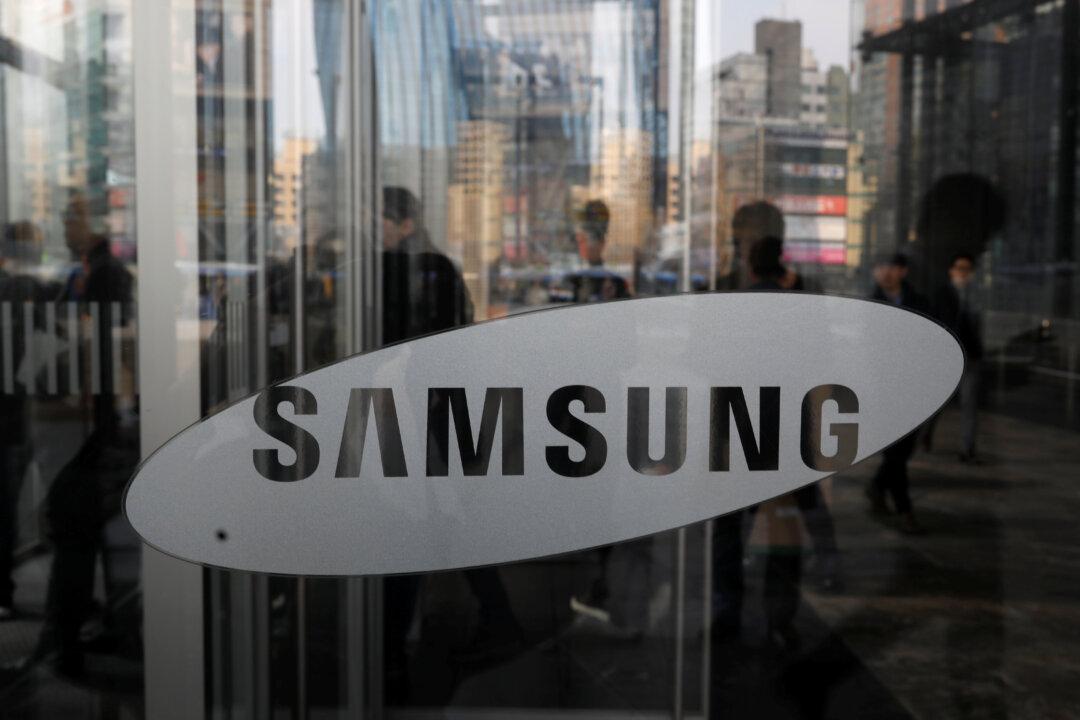SEOUL —Samsung Electronics will cease operations at one of its mobile phone manufacturing plants in China, the company said, as its sales in the world’s biggest smartphone market slumps amid rising competition from lower-cost, local rivals.
The South Korean company has seen its share of the Chinese market shrink to 1 percent in the first quarter of this year, losing out to homegrown brands like Huawei, according to market research firm Counterpoint, which pegs Samsung’s share of the pie at about 15 percent at mid-2013.





